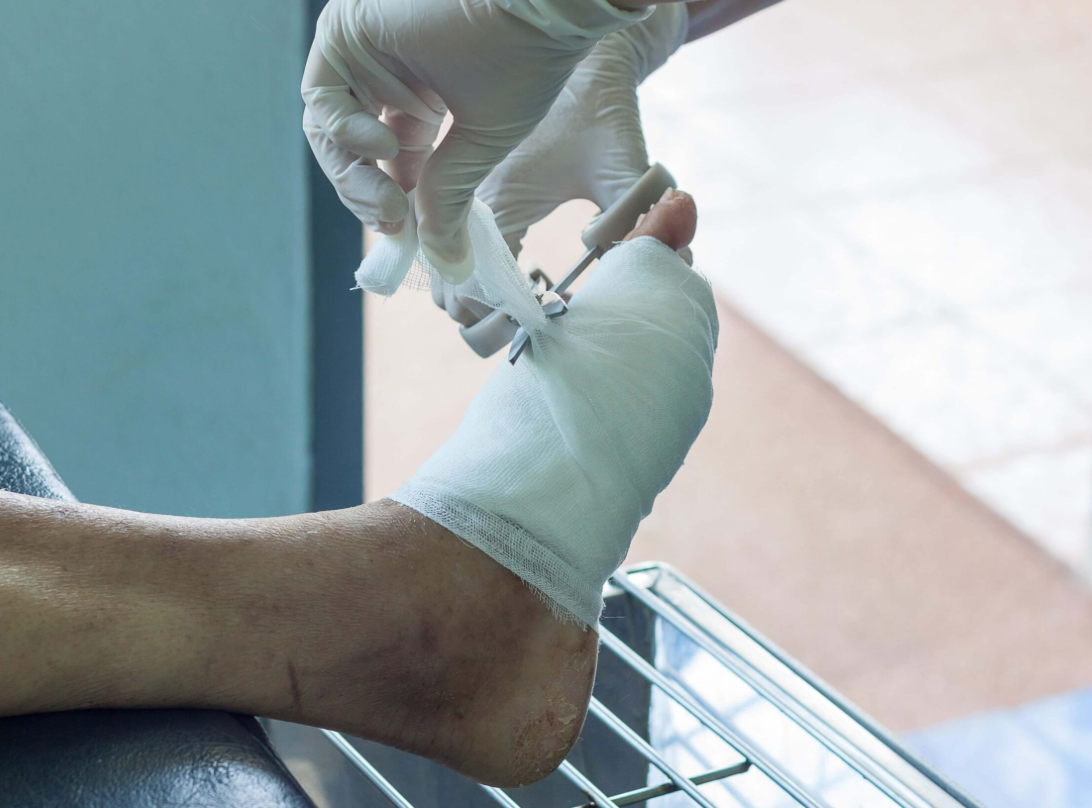Understanding How Diabetes Impacts Wound Healing
Diabetes can have a significant impact on wound healing, leading to slower healing times and an increased risk of complications. Understanding how diabetes affects wound healing is crucial for managing the condition effectively and preventing serious complications.

- High Blood Sugar Levels:
Elevated blood sugar levels can impair the body's ability to heal wounds efficiently. High blood sugar:
- Prevents nutrients and oxygen from reaching cells
- Impairs immune function
- Increases inflammation in the body
These effects can significantly slow down the wound healing process.
- Nerve Damage (Neuropathy):
Diabetes can cause nerve damage, particularly in the hands and feet. This condition, known as neuropathy, can lead to a loss of sensation in the affected areas. As a result, individuals may not notice wounds when they occur, allowing them to worsen over time. Reduced sensation and slow healing increase the risk of infection.
- Poor Blood Circulation:
Peripheral vascular disease, common in people with diabetes, can cause poor blood circulation. Thickened blood due to high sugar levels and narrowed blood vessels make it difficult for blood to reach the extremities, including the toes. Poor circulation slows down the delivery of essential nutrients and oxygen to the wound site, impairing the healing process.
- Immune System Deficiency:
Diabetes can weaken the immune system, reducing the number and effectiveness of immune cells involved in the healing process. This immune deficiency can lead to slower wound healing and an increased risk of infection.
Browse our Prescribed Orthotics to learn more.
Check out our extensive collection of shoes for arthritis to find the best shoes for your feet. Look through our most-sought-after styles to get the right pair for you today with DiabeticShoe.in.








